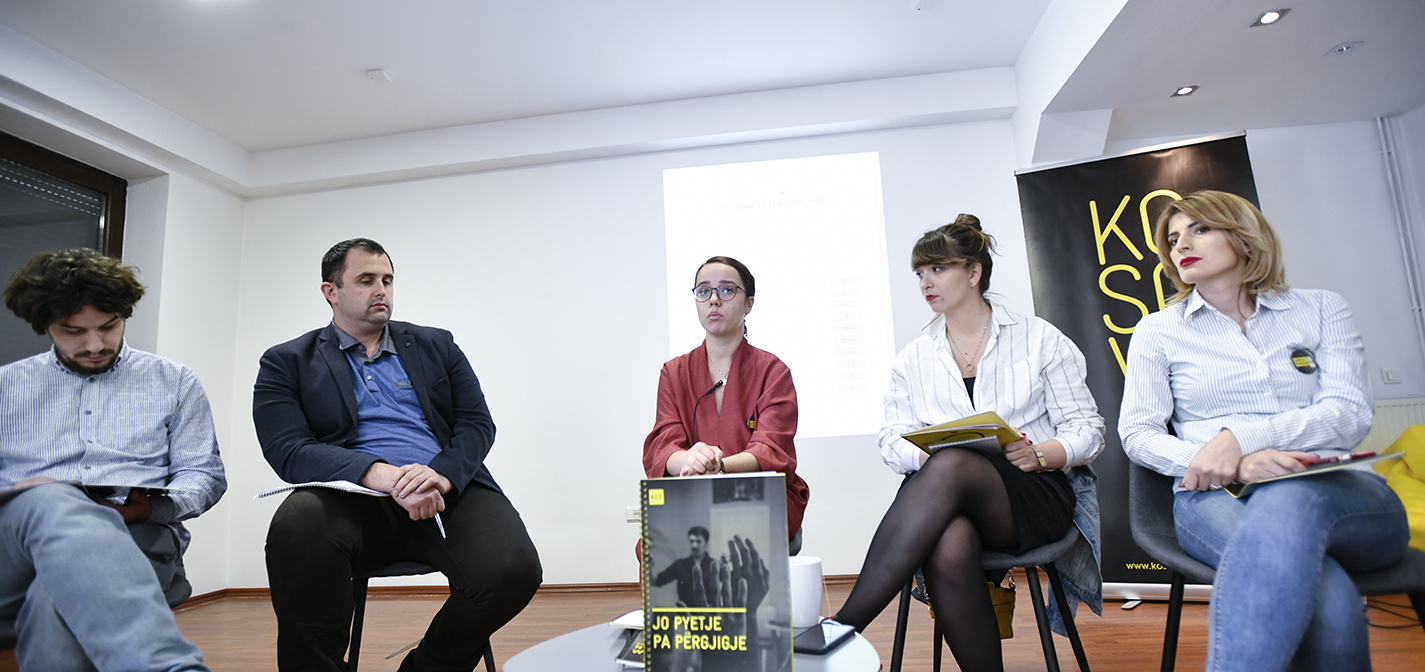
“No Questions Without Answers”
K2.0 has launched a campaign for improving communication between institutions and media.
"Democracy is not something that dies immediately."
“The aim of corrupt people is to never provide answers to journalists, while politicians dominate the debate with crises.”
Kreshnik Gashi, BIRN
Arian Lumezi
Arian Lumezi is a journalist at K2.0. He holds a master’s degree in International Journalism from Cardiff University, pursued through a Chevening scholarship.
This story was originally written in Albanian.